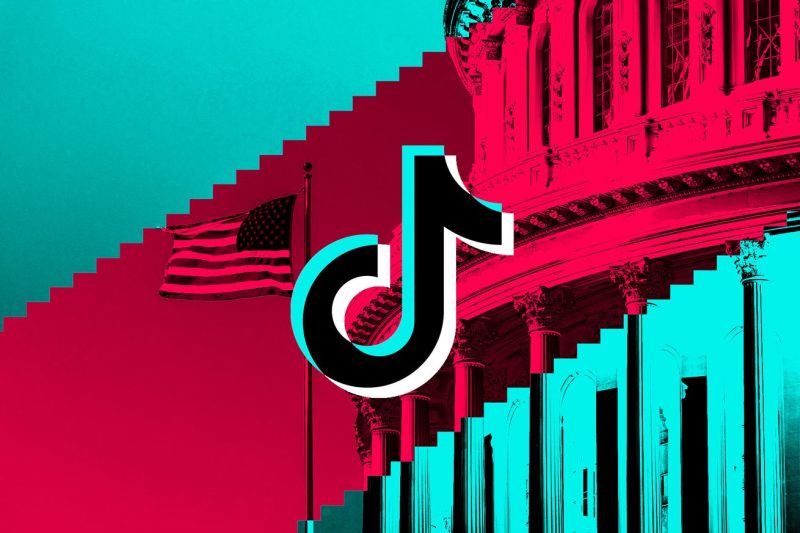In recent years, social media platforms have become incredibly influential in shaping public discourse and giving individuals a platform to express their opinions. One of the most popular and rapidly growing social media platforms today is TikTok. With its short-form videos and diverse user base, TikTok has become a cultural phenomenon, with millions of users worldwide.
However, with this rise in popularity comes a corresponding increase in scrutiny and regulation. Recently, TikTok found itself in the midst of a legal battle that tested the boundaries of the First Amendment. The case in question involved a TikTok user who was banned from the platform for allegedly violating TikTok’s guidelines by posting content that was deemed offensive or harmful.
The user argued that their ban constituted a violation of their First Amendment rights to free speech. They contended that, as a public forum where users could freely express themselves, TikTok should be subject to the same standards and protections as other forms of speech.
On the other hand, TikTok defended its decision by claiming that it had the right to moderate content on its platform in order to maintain a safe and inclusive environment for all users. They argued that, as a private company, they had the discretion to enforce their own guidelines and policies, even if it meant restricting certain types of speech.
The case raised important questions about the intersection of free speech and private enterprise in the digital age. While the First Amendment traditionally applies to government restrictions on speech, the rise of social media has blurred the lines between public and private spaces of discourse.
Some legal experts argued that, given TikTok’s status as a private company, it had the right to moderate content on its platform as it saw fit. They pointed out that the First Amendment was intended to limit government censorship, not to dictate how private companies manage their own platforms.
Others, however, raised concerns about the outsized influence of social media platforms on public discourse and the potential implications of allowing these platforms to regulate speech. They argued that, as platforms like TikTok increasingly serve as the public square for many users, they should be held to a higher standard when it comes to protecting free speech rights.
Ultimately, the court ruled in favor of TikTok, upholding the company’s right to moderate content on its platform. The case set an important precedent for social media companies and users alike, clarifying the boundaries of free speech in the digital age.
As social media platforms continue to play a pivotal role in shaping public discourse, cases like this highlight the complexities and challenges of balancing free speech rights with the need to maintain safe and inclusive online spaces. The intersection of technology, communication, and law will continue to be a contentious and evolving field, as society grapples with the implications of a digital public square.


























